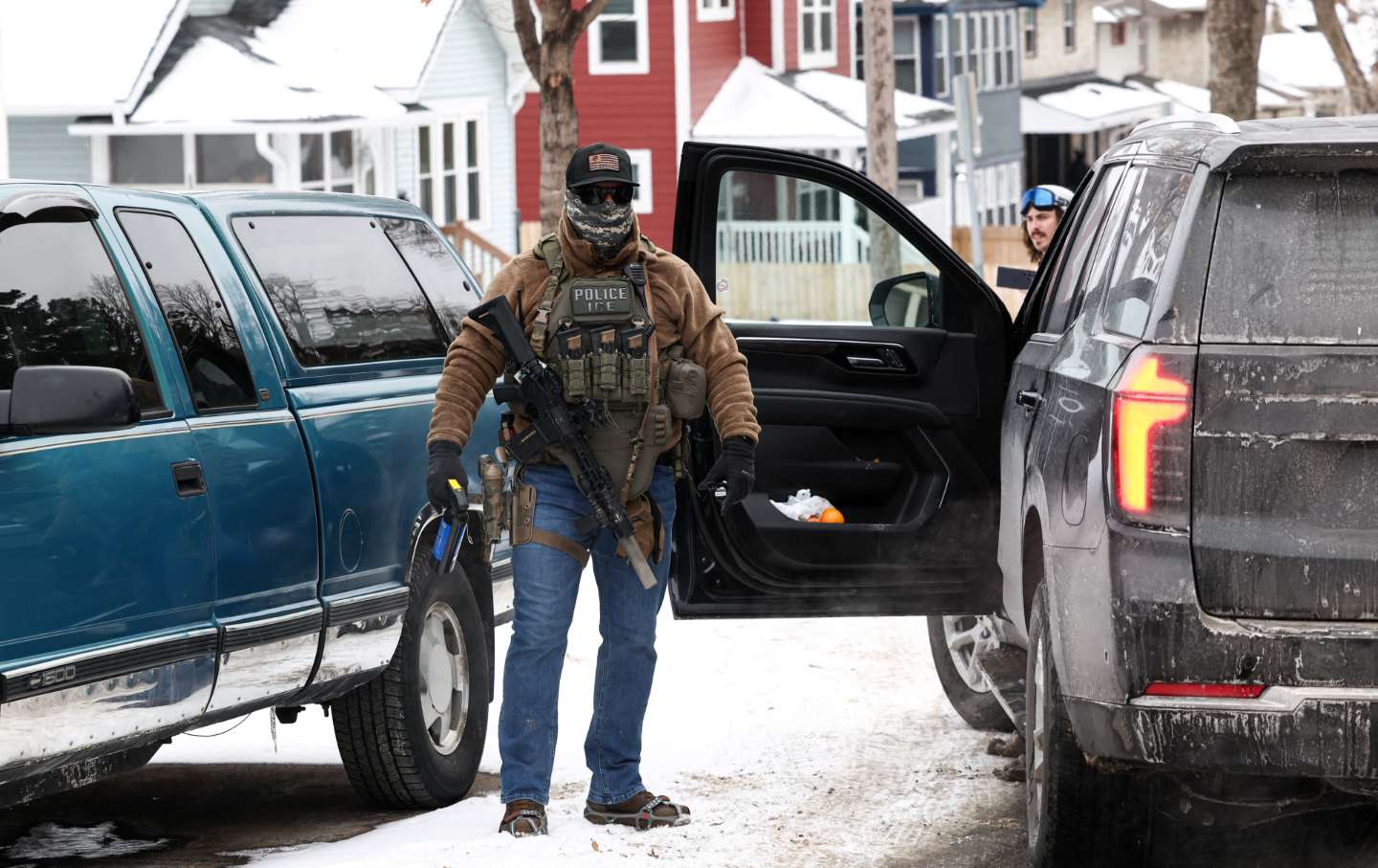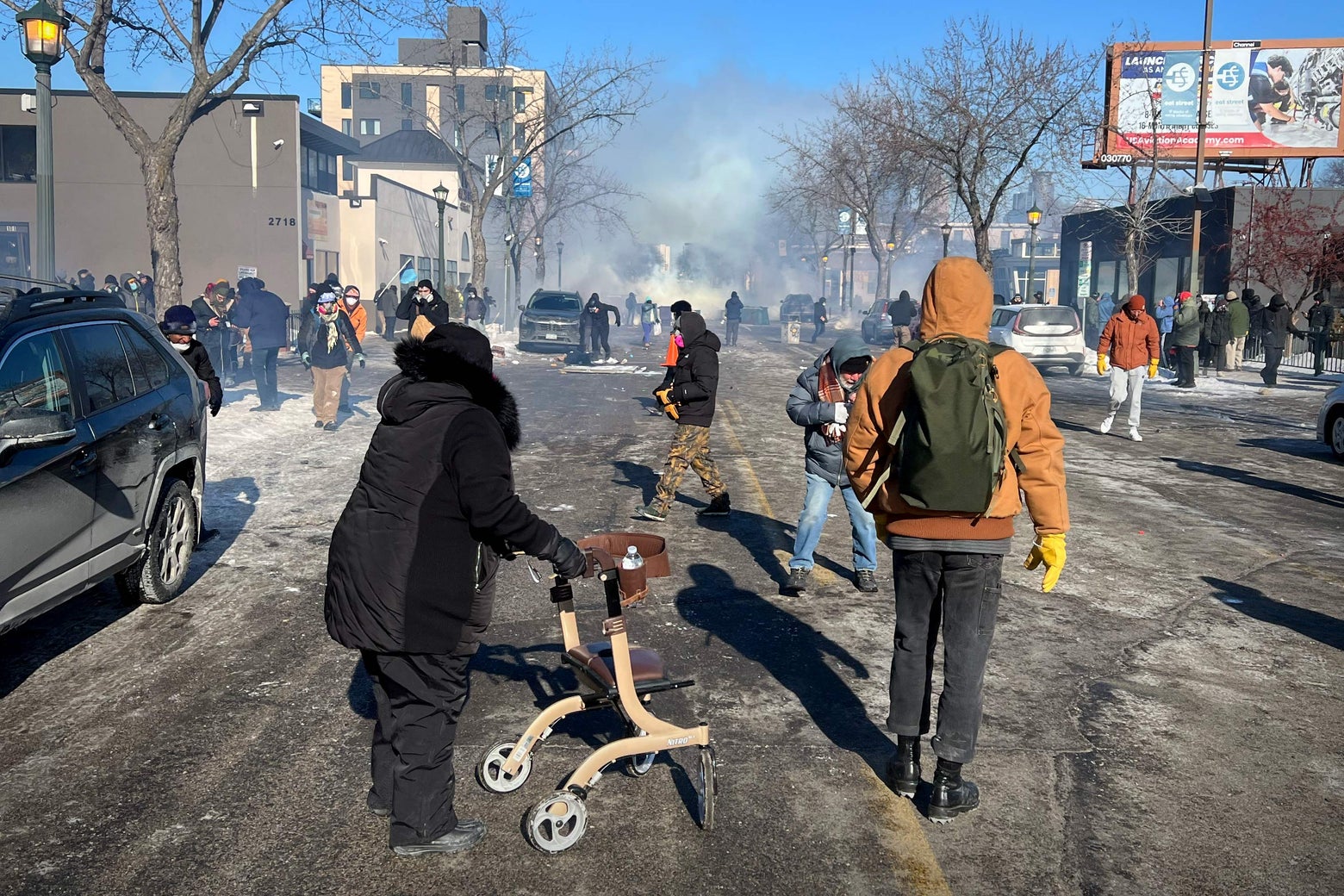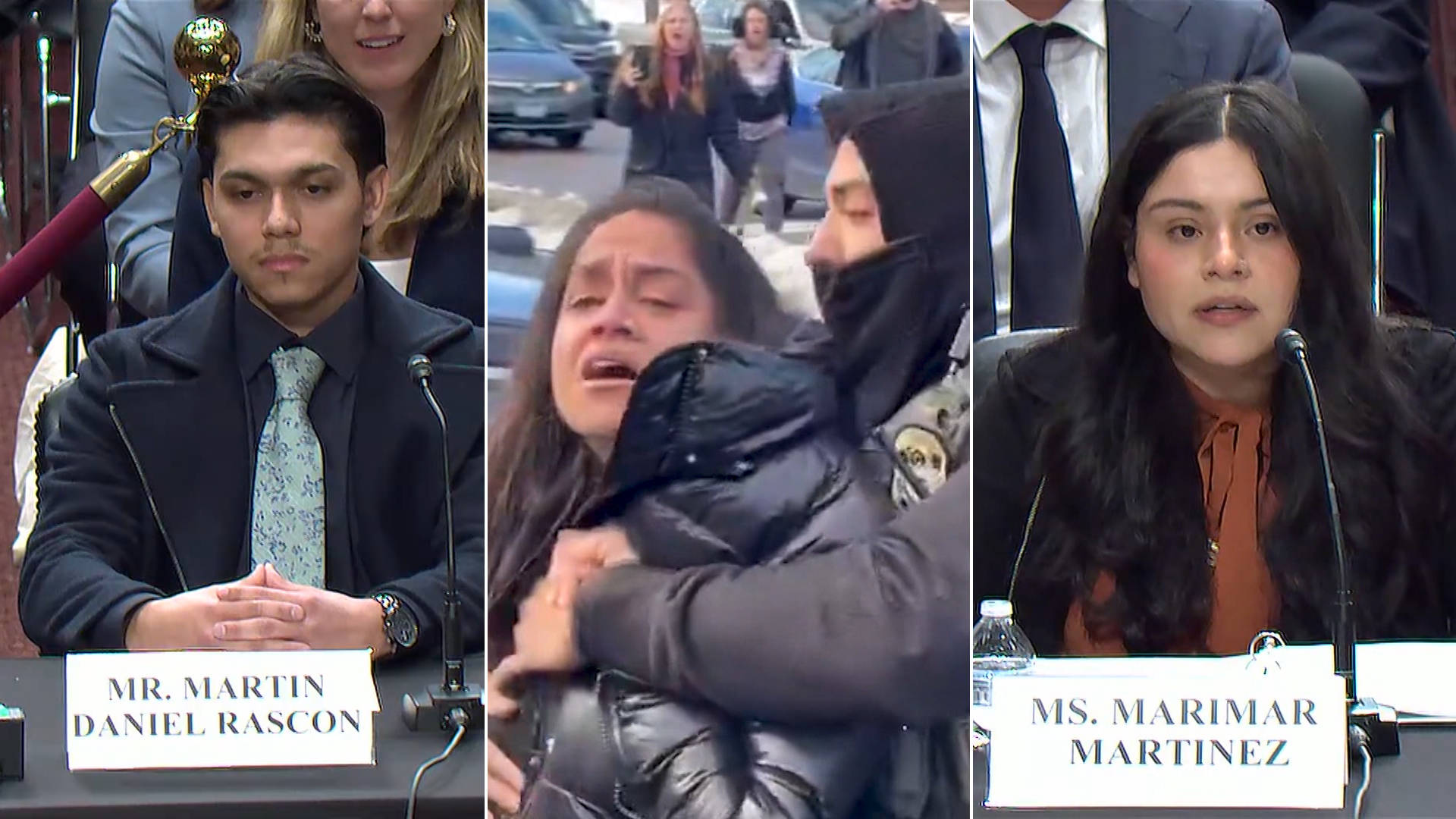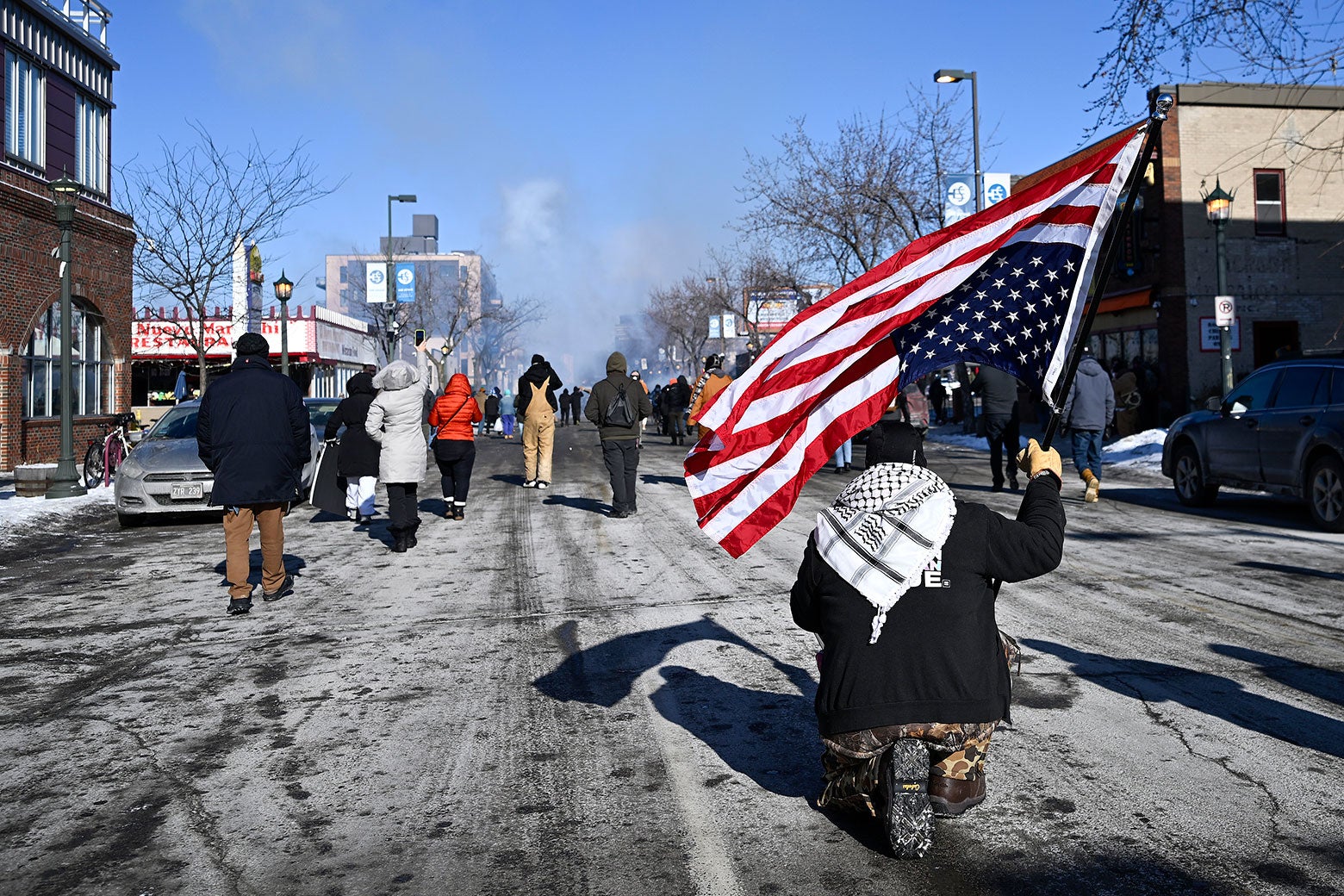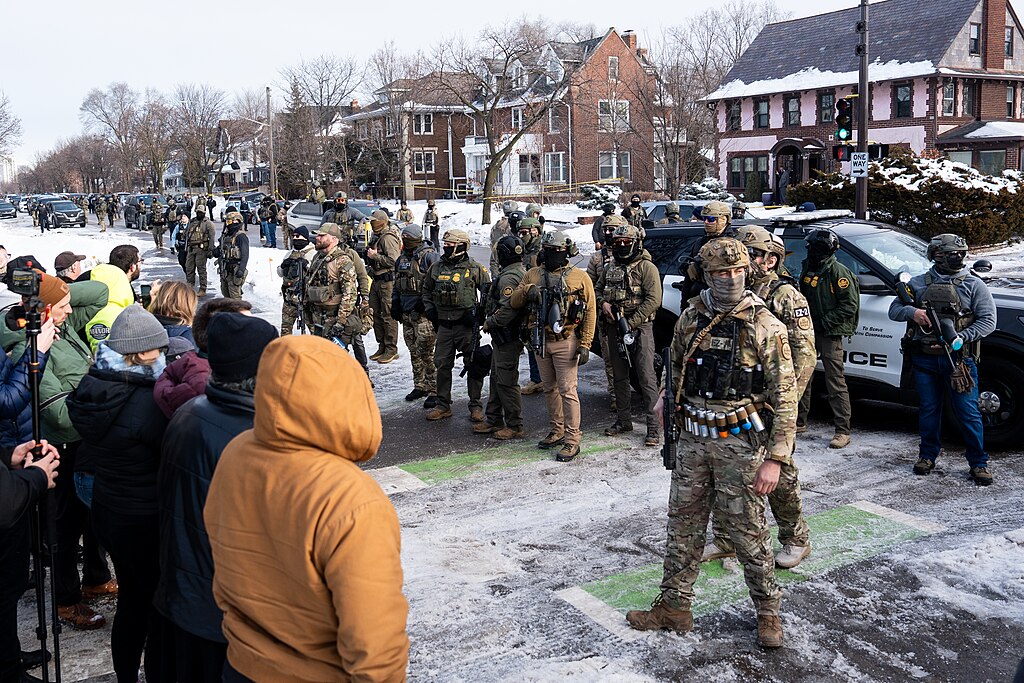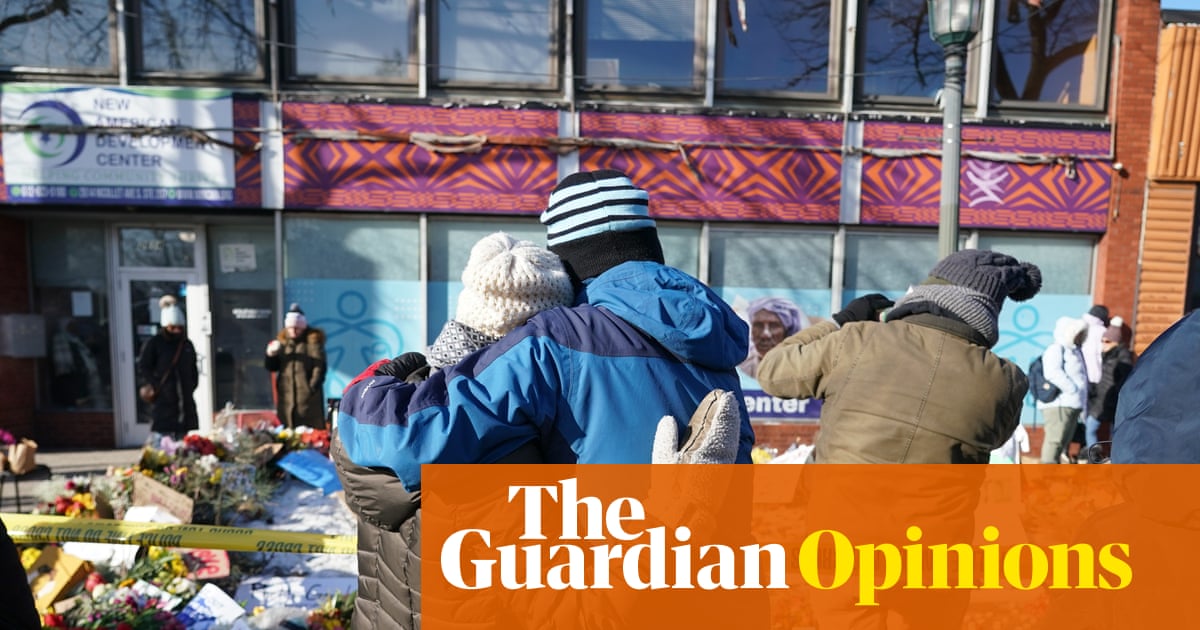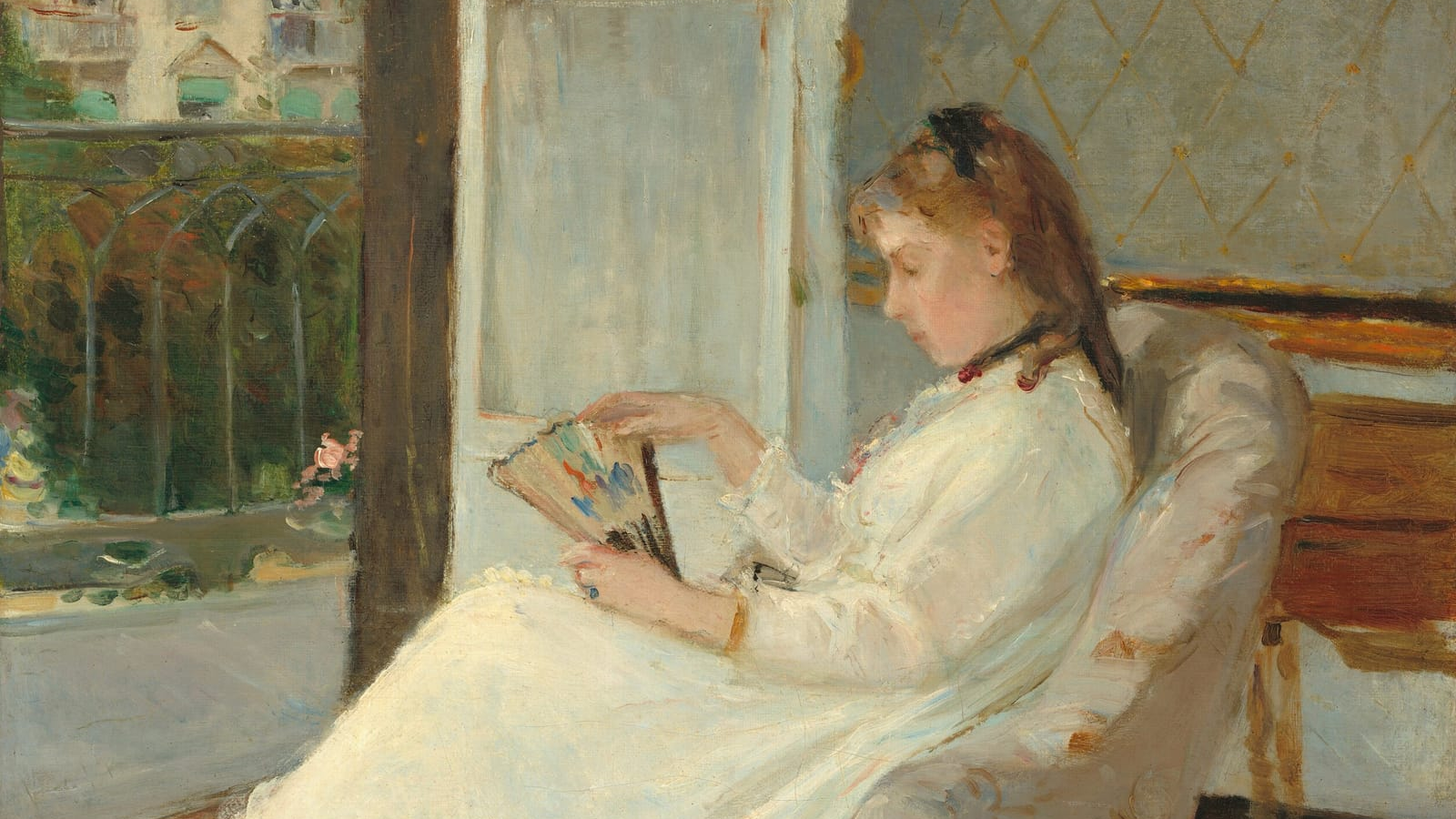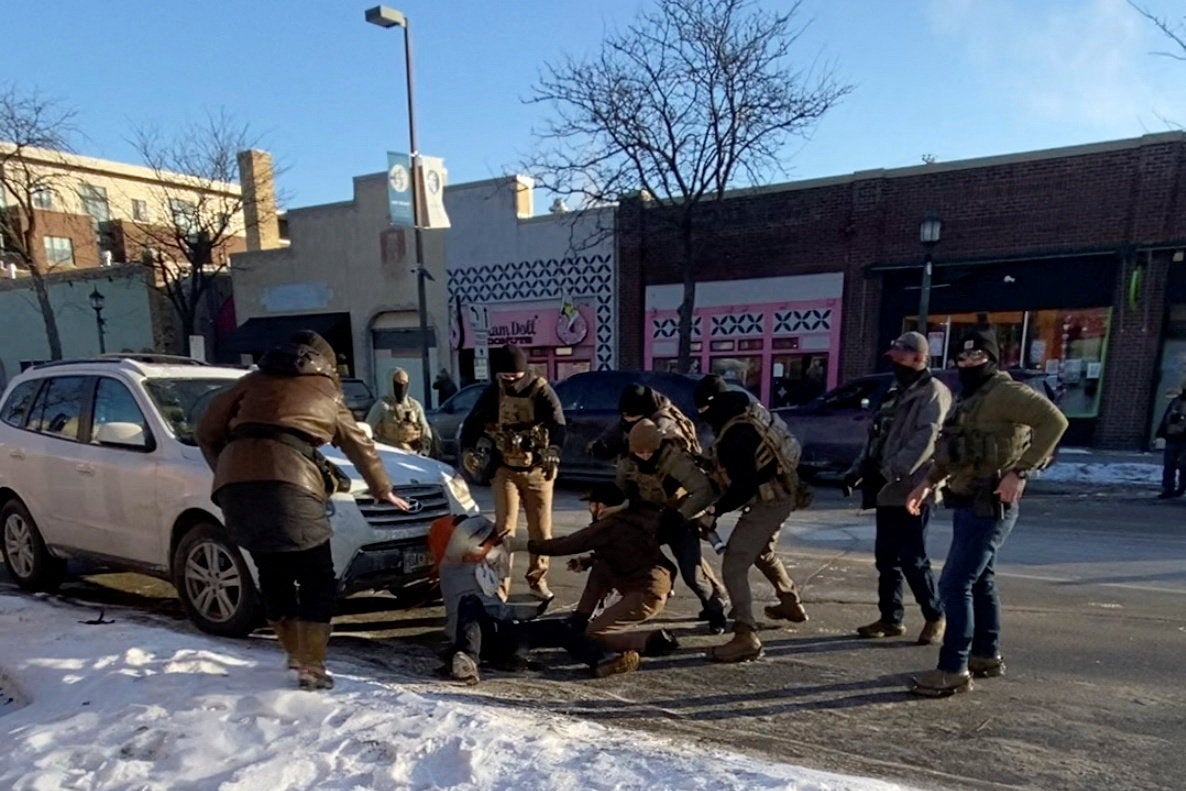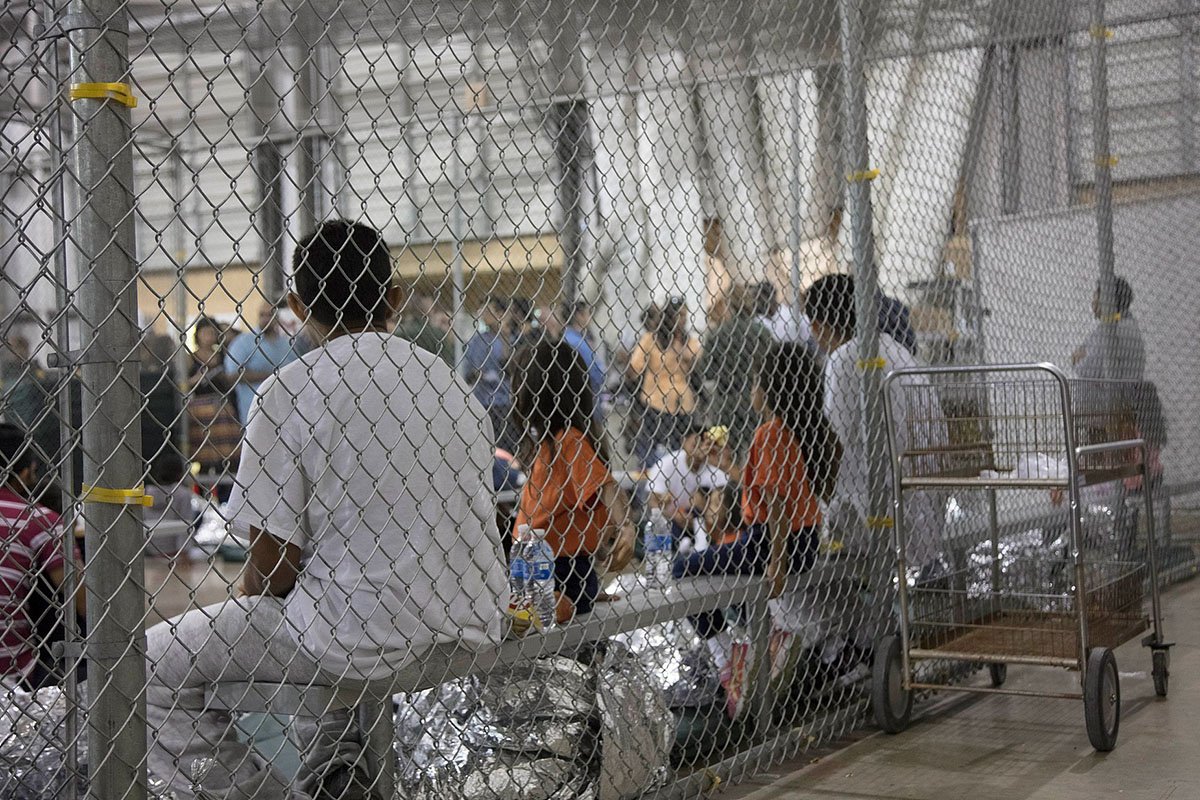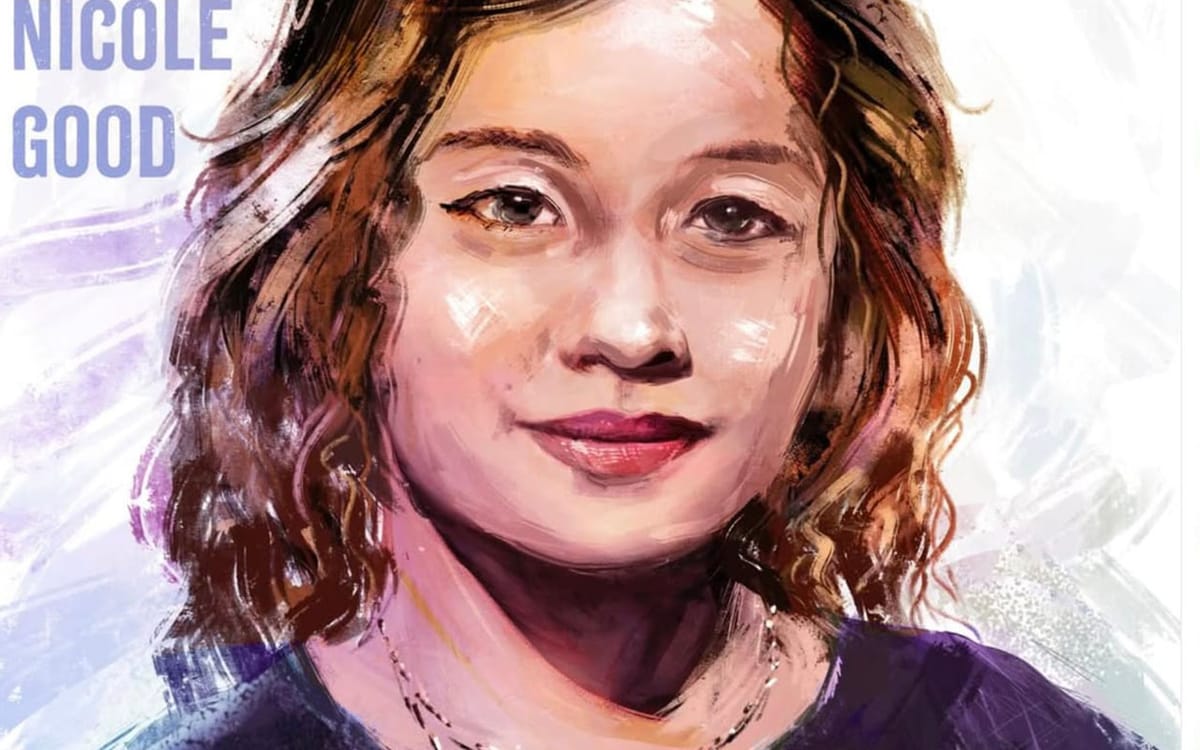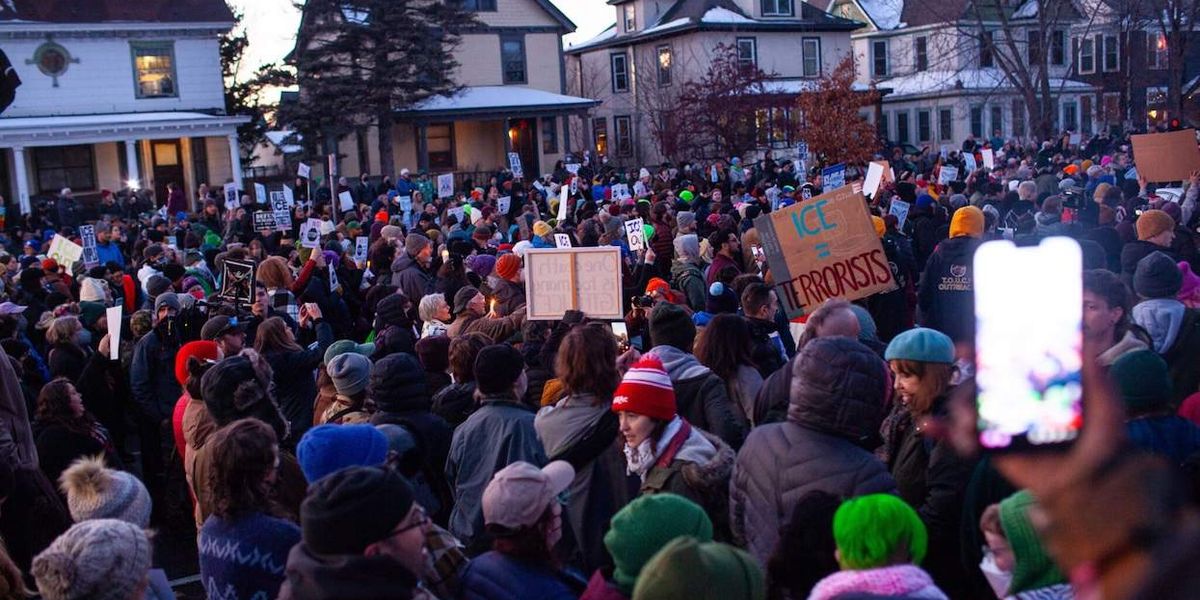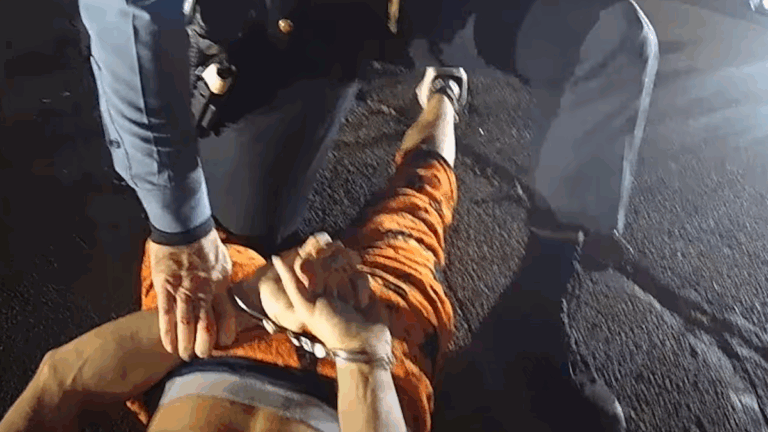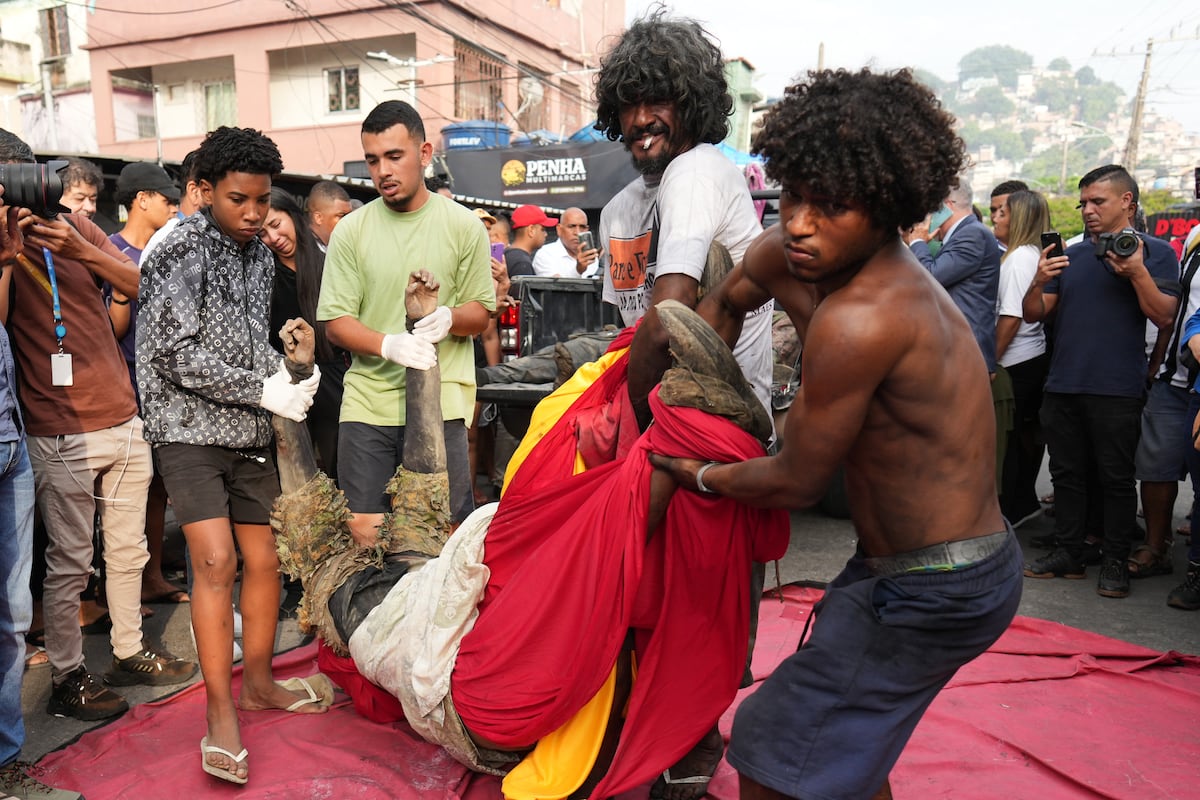fromwww.mercurynews.com
3 days agoBay Area mom fights for people with mental illness after son's police killing
Hall's son Miles was shot and killed by police a block from their home in Walnut Creek on June 2, 2019. The 23-year-old was gripped by symptoms of psychosis, believing he was Jesus and running around the neighborhood with a gardening tool that he said was his staff of God. Hall called 911 to get him medical help as a necessary step toward a conservatorship.
Mental health
